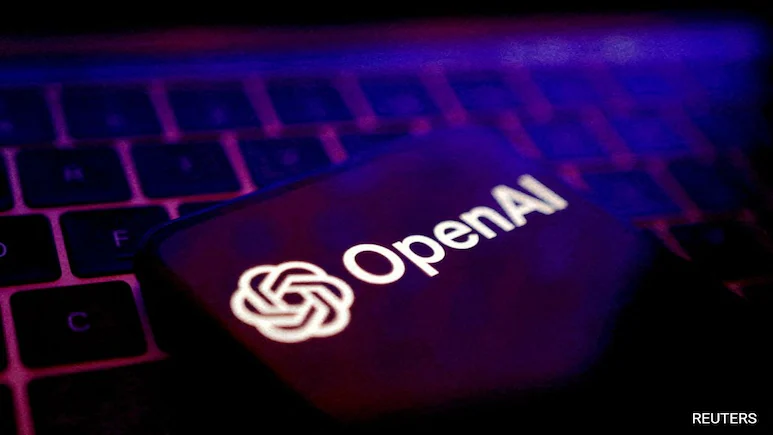OpenAI, the company behind ChatGPT, is reportedly planning to go public in the second half of 2026, aiming for a massive $1 trillion valuation, according to sources cited by Reuters. The move could mark one of the most anticipated tech IPOs in history, placing OpenAI among the most valuable companies in the world.

Early Discussions and Fundraising Goals
Preliminary discussions suggest that OpenAI could raise around $60 billion or more through the IPO. The funds would likely be used to accelerate AI model development, expand data center infrastructure, and strengthen global partnerships. The company’s rapid growth and dominant position in the AI industry make it a strong candidate for one of the biggest public offerings ever seen.
The IPO talks come shortly after OpenAI’s recent restructuring, where it transformed its for-profit arm into a Public Benefit Corporation (PBC) — a move designed to balance profitability with long-term social responsibility. This restructuring aligns with OpenAI’s stated mission to ensure that artificial general intelligence (AGI) benefits humanity as a whole.
Microsoft’s Major Stake and Influence
Microsoft remains OpenAI’s largest external investor, holding a 27% stake valued at around $135 billion after the recent restructuring. The two companies have a deep strategic partnership — OpenAI uses Microsoft’s Azure infrastructure for training and deploying its models, while Microsoft integrates OpenAI’s technology across its product ecosystem, including Copilot, Office 365, and Bing.
Industry analysts believe Microsoft’s close involvement could help stabilize OpenAI’s post-IPO operations while providing additional credibility among investors.
OpenAI’s Market Position and Future Prospects
Under the leadership of CEO Sam Altman, OpenAI has become a household name, driving the global AI revolution. ChatGPT, DALL·E, and GPT-5 have redefined how people and organizations use AI for productivity, creativity, and automation.
The potential $1 trillion valuation would place OpenAI alongside giants like Apple, Microsoft, and Nvidia, signaling investors’ strong confidence in the future of AI-driven businesses.
Experts also note that going public will increase OpenAI’s transparency and access to capital, which could accelerate the development of next-generation AI technologies. However, it will also bring new challenges — including heightened scrutiny over AI safety, ethics, and regulation.
The Bigger Picture
OpenAI’s IPO plans reflect the broader trend of AI companies moving toward large-scale commercialization. With governments and enterprises increasingly adopting AI tools, the demand for compute power, data, and innovation continues to surge.
If successful, OpenAI’s IPO could reshape the global technology landscape — not only by setting valuation records but also by redefining how AI companies operate within public markets.
References
- Reuters – OpenAI IPO Report
- Microsoft Blog – OpenAI Partnership Details
- CNBC – OpenAI Restructuring Explained









